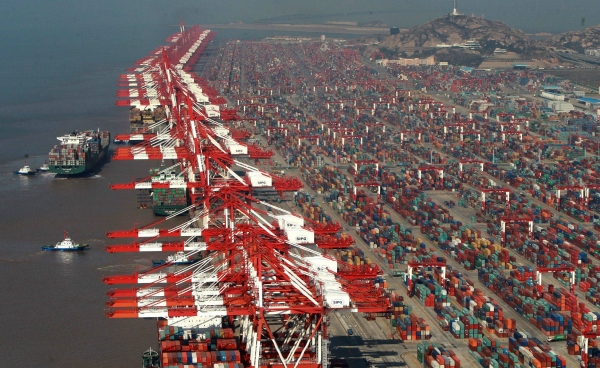The evaluation of the competitive edge of major Asian container ports, i.e. Busan, Hong Kong, Shanghai, and Singapore ports is the subject of the port study of PortEconomics associate member Jasmine Siu Lee Lam – co-authored with Paul Tae-Woo Lee from Soochow University, Taipei, Taiwan.
The authors introduce, among others the concept of the Fifth Generation Ports – referring to the customer-centric community ports, in this study, entitled Container Port Competition and Competitiveness Analysis: Asian Major Ports, and published in the Handbook of Ocean Container Transport Logistics, International Series in Operations Research & Management Science, edited by Chung-Yee, Lee and Qiang Meng.
Previous research on the competitiveness of container ports applied a number of methods, among others, including time series analysis, DEA and SFA methods, service quality analysis with importance-performance analysis and Kano model, multi-criteria evaluation, survey of container ship operators and logistics managers, shift-share analysis and diversification indexes such as Herfindahl–Hirschmann, marginal cost pricing approach, and game theory. The previous literature measured the relative competitiveness of ports in Asia and Europe. Such analysis results are useful to evaluate the competitiveness of container ports at the given evaluation angle at the given time. However, they do not consider port competitiveness in relation to port devolution according to a globalized economy with changes of production and distribution channels, technology, city-port interface, government policy, port users’ behavior, pricing, environmental issue, as well as security and safety. Having considered the above limitation in the literature, this chapter argues that a novel approach is required to evaluate inter-port competition in a comprehensive way to reflect cross-sectional, longitudinal and horizontal aspects of the port evolution. In this regard, it can be said that this novel approach, i.e. the Fifth Generation Ports, with empirical test by descriptive and quantitative methods contributes to port competition studies in the literature.
You may download the book chapter by visiting the publisher’s website.












